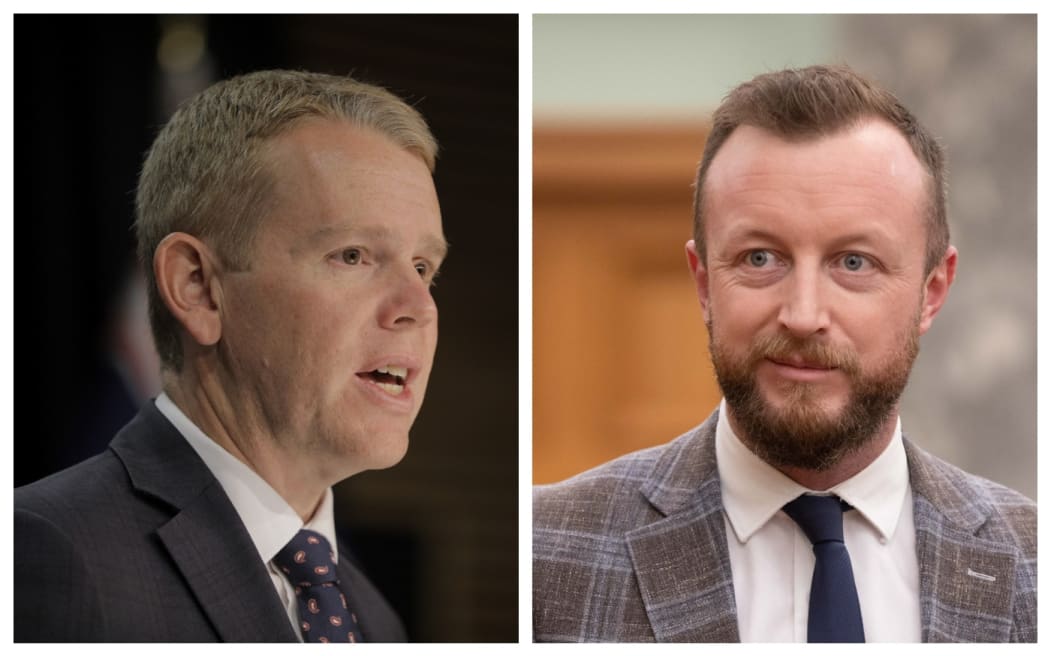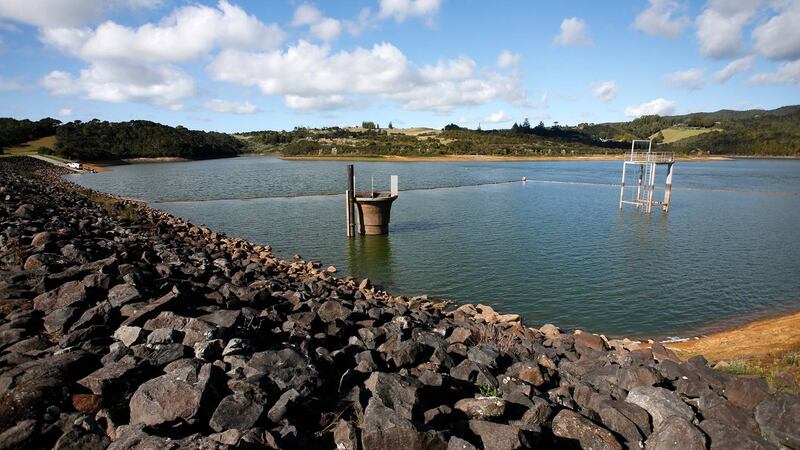As Parliament enters the last few weeks before the election the local government lobby group is criticising the amount of time allowed to submit feedback on upcoming water reform legislation, with the agency saying it was ‘disappointed’.
Local Government Minister and MP for Wairarapa Kieran McAnulty said the timeframe reflected the government’s intention to pass all legislation related to water reform before Parliament rose at the end of August.
He said legislative certainty in relation to the water reforms was needed and had been requested by the local government sector.
A Local Government New Zealand (LGNZ) spokesperson confirmed affected local authorities, the agency itself, and others were given just under two weeks to submit feedback on the upcoming Water Services Entities Amendment Bill, relating to what has been referred to as three waters reform.
“LGNZ is disappointed by the tight timeframe for making submissions on this bill. We are concerned that such significant legislation, which will fundamentally alter councils’ roles and responsibilities, is not being afforded the right level of scrutiny. The tight timeframes have made it difficult for us to engage comprehensively with our members to understand their views on the bill,” the agency said in its submission.
“We also know it’s been difficult for our members to pull together their own submissions at a time when they are grappling with a significant amount of change and, in many cases, recovering from extreme weather events.”
Certainty needed
McAnulty said certainty in relation to water reform was important and necessary.
“The timeframe reflects the government’s long-signalled intention to pass all legislation to give effect to the water services reforms before the House rises for the general election on August 31, 2023,” he said.
“Legislative certainty is needed and has been asked for by the local government sector.
“As minister, and local MP, I am determined to prevent ratepayers facing unaffordable bills in the future. To achieve this, certainty is needed for continuity of water service provision, planning and employment, and to provide clarity for ongoing transition and implementation activities.
“Feedback received is important as it helps strengthen the legislation governing our water services.
“Ever since being named minister of local government I have listened to feedback and adjusted things accordingly. If it’s a good idea and will help save ratepayers money then I’m all ears.”
The Water Services Entities Amendment Bill is part of a suite of reforms to New Zealand’s drinking water, wastewater, and stormwater services. The bill, if passed, would amend the Water Services Entities Act 2022, which provides for the creation of new water services entities.
10 entities
The chairperson of the Governance and Administration Committee called for submissions on the amendment bill, with a deadline of July 5. The select committee report is due Thursday, July 27, after which the legislation goes into the second reading stage.
The bill would amend the Water Services Entities Act 2022, disestablishing the four water services entities it established, and replacing them with 10 entities more closely modeled on existing regions.
Controversially, promised central government ‘better-off’ funding for local authorities was not part of the bill.
The LGNZ submission was critical of this.
“Councils are deeply disappointed that the government has withdrawn the ‘better off’ component of the financial support package for local government,” it said.
“It is critical that the commitment to ‘no worse off’ funding is honoured, and WSEs must be mandated to make ‘no worse off’ payments. We’re concerned that there are no express requirements around this in the bill.”

The legislation would, however, allow a longer period for establishing the new entities, between 1 July 2024 and 1 July 2026, and provide for every territorial authority to be represented on a regional representative group, alongside mana whenua representatives.
A new Water Services Entities Funding Agency would be put in place as a financing mechanism alongside Crown financial support, and enable shared services arrangements, among a suite of other suggested changes.
LGNZ supported staggering and extending transition dates if councils were involved in those decisions.
The agency said the process to establish the first entity needed broad local government inputb ecause it would set precedents for all other entities.
The submission also pointed to a lack of clarity around whether DIA oversight powers would continue to apply given changes to establishment timeframes, and said shared water services arrangements should support local outcomes.
“We are concerned that the proposed Water Services Funding Agency will compete with the Local Government Funding Agency, to the detriment of councils, and may create unintended risks,” the submission said.


